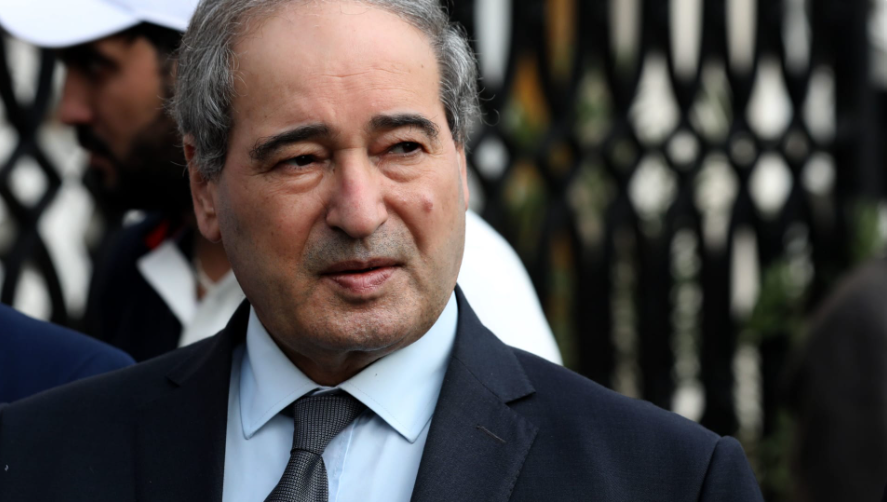In a notable shift within Syria’s security structure, President Bashar al-Assad has named Major General Qahtan Khalil as the new head of the Syrian Air Force Intelligence Department, replacing Ghassan Ismail. This appointment of Khalil, notoriously known as the “Butcher of Daraya” for his alleged role in the 2012 Daraya massacre and accused of human rights violations including torture and detainee liquidation at Mezzeh Military Prison, marks a controversial change. Khalil’s history of brutal repression and sanctions under the U.S. “Caesar Act” contrasts with Ismail’s long-standing intelligence career, raising questions and mixed reactions about this strategic move, which reflects the Assad regime’s complex interplay of loyalty and power within its military and intelligence sectors.
Background:
In a significant reshuffle within the Syrian regime’s security apparatus, President Bashar al-Assad has appointed Major General Qahtan Khalil as the new director of the Syrian Air Force Intelligence Department. Khalil, a figure shrouded in controversy, succeeds Ghassan Ismail, who has been in the role since July 2019.
Khalil’s appointment comes as a surprise to many, particularly given his notorious background and the recent decision to extend Ismail’s tenure. Khalil, known as the “Butcher of Daraya,” has been a prominent figure in the Syrian regime’s Air Force Intelligence branch, where he previously held the rank of major general. His infamous moniker stems from his direct responsibility in the bloody Daraya massacre in the summer of 2012 in the Damascus countryside, a tragedy that left dozens of civilians dead.
US sanctions:
Beyond this, Khalil’s reputation is marred by allegations of involvement in the torture and liquidation of detainees in the Mezzeh Military Prison and the Air Force Intelligence Investigation Branch at Mezzeh Airport. His brutal methods in repressing political detainees have been widely condemned by human rights activists. In response to these actions, the United States imposed sanctions on Khalil in 2021 under the “Caesar Act,” targeting key military and security figures in the Assad regime for their roles in human rights violations.
Prior to his latest appointment, Khalil served as Deputy Director of the Air Force Intelligence Department under Jamil al-Hassan. He was then promoted to head the security committee in southern Syria in October 2019, following his elevation to the rank of major general in July 2018. His role in southern Syria was part of a broader strategy by the Assad regime to tighten security control over the Daraa Governorate.
Ghassan Ismail, Khalil’s predecessor, had a long history in the security sector, holding senior positions within Air Force Intelligence. His removal from the directorship, occurring three years after his official retirement age, has raised questions. Some speculate that the dismissal is linked to the October 2023 attack on the Homs Military College, which resulted in over 100 deaths. This incident highlighted potential flaws in the intelligence apparatus, possibly leading to the regime’s decision to bring in Khalil.
This appointment has been met with mixed reactions. While military accounts on social media have published expressions of congratulations, others view it as a troubling sign, given Khalil’s alleged involvement in past atrocities. The Assad regime has not made an official announcement regarding these changes, which is typical for amendments within its intelligence services.
The broader implications of Khalil’s appointment are yet to unfold, but they signal a continued hardline stance by the Assad regime in dealing with internal security and dissent. The move also reflects the complex dynamics within the Syrian military and intelligence hierarchy, where loyalty and past actions play a significant role in shaping the leadership landscape.
This article was translated and edited by The Syrian Observer. The Syrian Observer has not verified the content of this story. Responsibility for the information and views set out in this article lies entirely with the author.


